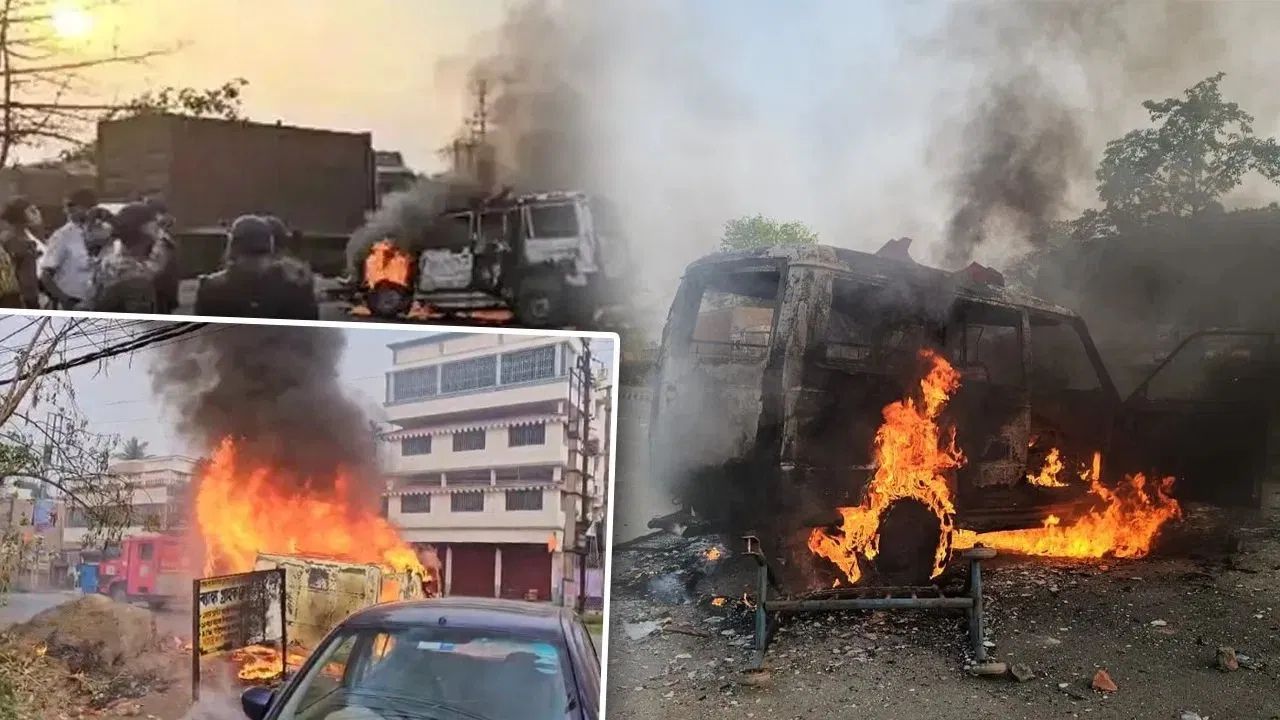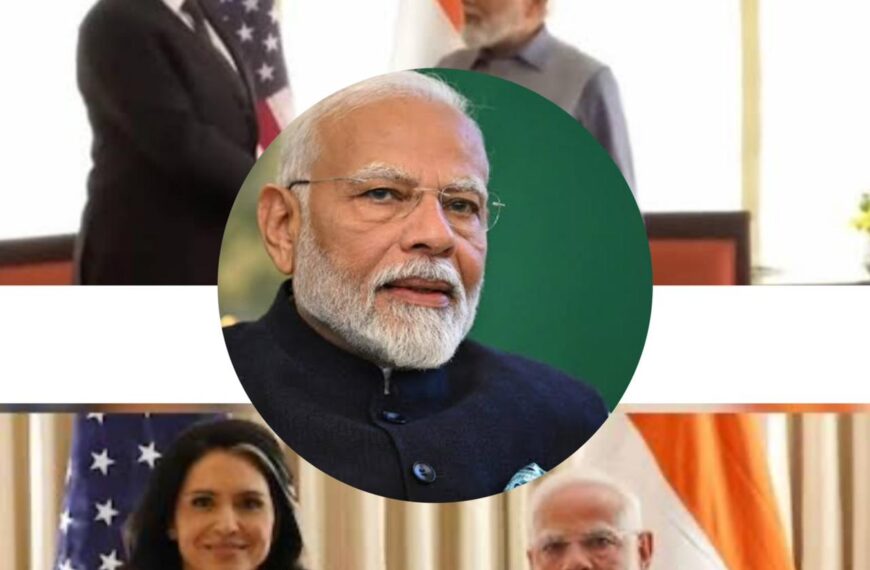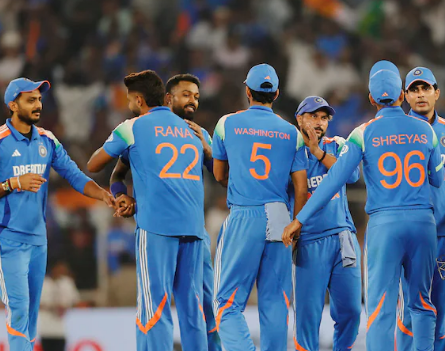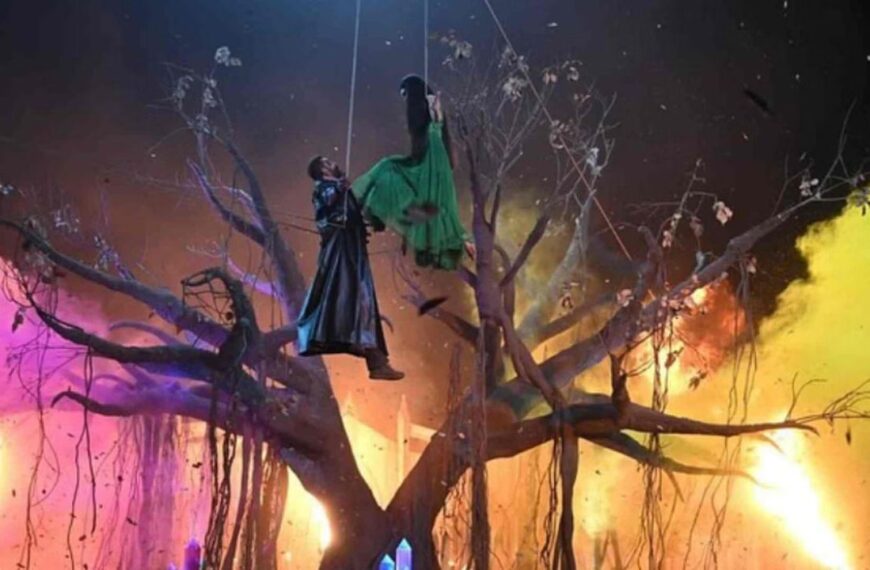India has strongly condemned Bangladesh’s statement on the riots in Murshidabad, West Bengal. Bangladesh had asked the Indian government to ensure the safety of Muslim minorities there regarding the violence during the demonstration against the amendment in the Waqf Act. In response, India described Bangladesh’s statement as “undesirable” and an attempt to “show good faith” and advised it to focus on the safety of minorities.
Bangladesh’s statement and India’s counterattack
Bangladesh’s press secretary Shafikul Alam had demanded the safety of Muslim minorities from India and the West Bengal government. In response, Indian Foreign Ministry spokesperson Randhir Jaiswal said that Bangladesh’s statement is an attempt to “interfere in India’s affairs” and “hide its position”. He also said that despite India’s concern over the violence against minorities in Bangladesh, the criminals there are roaming freely. India appealed to Bangladesh to focus on protecting the rights of minorities in its country.

Violence against minorities in Bangladesh
India reminded Bangladesh that in 2024, 2,400 cases of violence against minority communities were reported in Bangladesh and 72 such cases have been reported so far in 2025. Indian Foreign Minister S. Jaishankar gave this information in Parliament last month. India advised Bangladesh to take action on the incidents happening against the minority communities of its country and said that it is the need of the hour to focus on its problems.
Violence and police action in Murshidabad
Peaceful protests started in Murshidabad on April 4, but it turned violent on April 8. A mob of 5,000 people blocked NH-12 in Umarpur and attacked the police. Bricks, iron rods, sharp-edged weapons and petrol bombs were thrown at the police. After this, violence broke out again in Suti and Samsherganj on April 11, in which public and private property was damaged. The police opened fire in Suti in self-defense. So far the police have arrested 278 people in Murshidabad.














